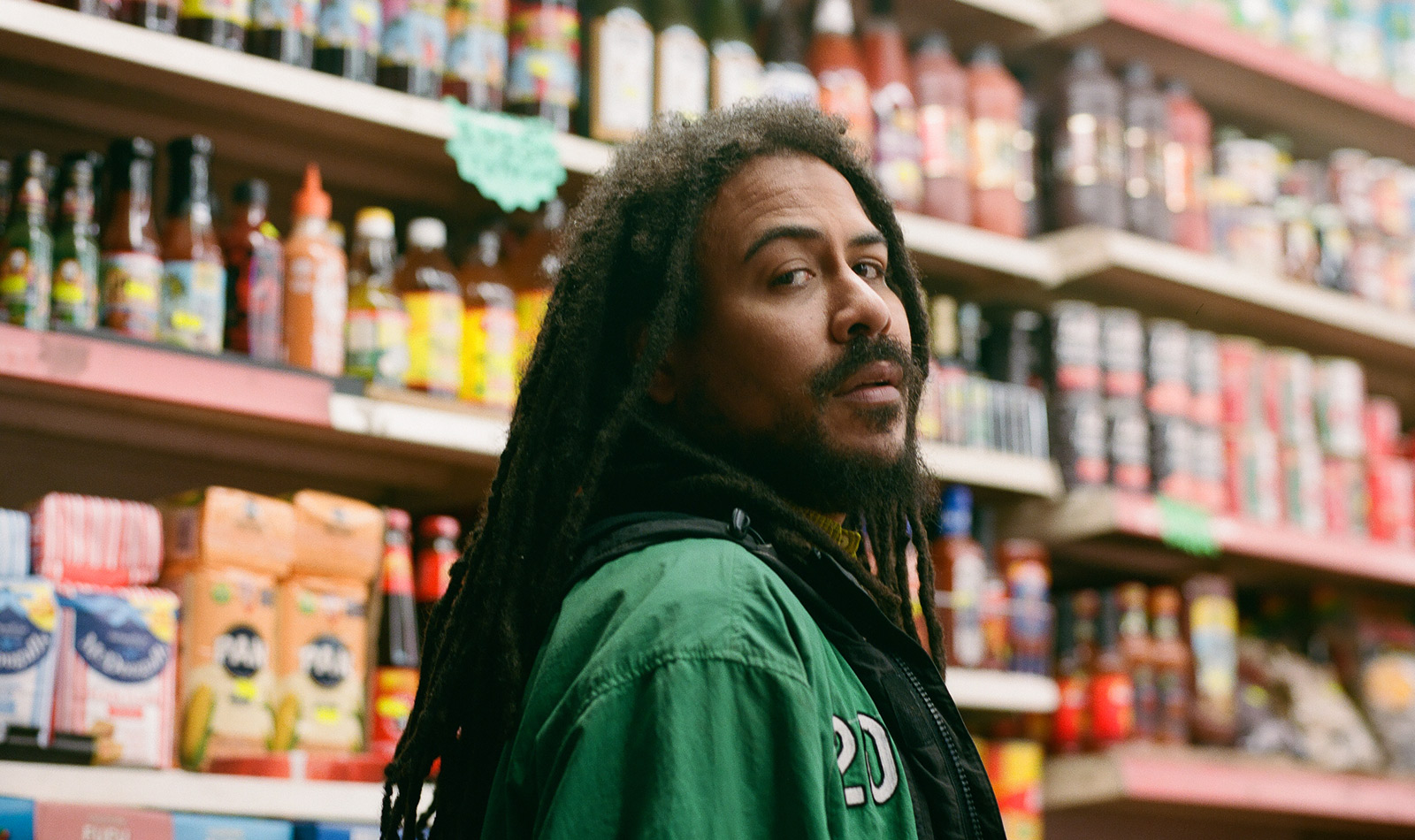
The story of Liam Bailey is one of good timing and self-sabotage. As early as 2004, his teenage charm was making an impression at acoustic nights in London. His songwriting chops made him a secret weapon for Big Crown Records. But there were pitfalls as well. He was once signed to Polydor and endorsed by Amy Winehouse, opportunities that didn’t quite lead to artistic fulfillment. Through the highs and lows, Bailey maintained a strong friendship with Big Crown co-owner and leader of the El Michels Affair Leon Michels—which meant he always had a home for his music.
In fact, within an hour of meeting Bailey in 2007, Michels remembers they were recording the single “When Will They Learn.” Bailey’s then-manager had connected the two, possibly expecting them to cut soul songs similar to Michels’s work with Aloe Blacc. Instead, the pair bonded over reggae. The two were the same age—Bailey’s first visit to New York was during “George Bush times”—and Michels was vocally skeptical of the music industry (“A kind person, but not a mark,” is how Bailey puts it). Michels found Bailey easy to work with, “because he’ll start singing over anything you play.”
“I’ve never worked with someone who writes like Liam,” Michels says. “He’ll freestyle some stream-of-consciousness lyrics that sound like gibberish, but then when we listen back and change a word here or a word there, they become these incredibly thoughtful and personal songs about things in his life, or a story he’s trying to tell.”

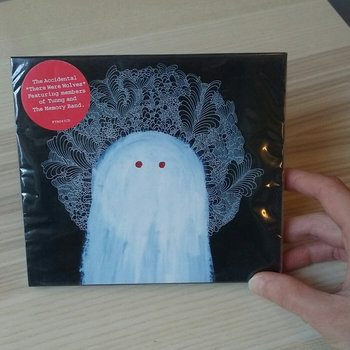

Compact Disc (CD)

The release of “When Will They Learn” was held up because, at the time, Bailey was fielding major label contract offers. His music had begun circulating in surprising circles. Sam Genders, a musician he’d known from his hometown of Nottingham, invited Bailey to join the experimental folk collective The Accidental. The group was signed to Thrill Jockey and released its debut, There Were Wolves, in 2010. At the same time, Bailey had recorded two bedroom EPs that were shared with Amy Winehouse and released on her imprint Lioness Records. Bailey says Winehouse, known for her bluntness, told him flatly which of his songs she didn’t like. “She reached out and was like, ‘You’re a G. You’re sick’,” he says. “She didn’t like my folk music though, bruv.”
Winehouse still co-signed him, which led to work as a songwriter. Soon, he was recording with Winehouse’s producer Salaam Remi. Bailey signed with Polydor but found their expectations off-putting. He loved working with Remi, but he resisted the executive input to explore pop styles that would cast him as a pretty boy from the indie scene. Instead, he kept thinking about the reggae tune he’d recorded with Michels. Frustrated, he called Michels to insist they get “When Will They Learn” out. Being a savvy indie label owner, Michels released the 7-inch single under the name “The Dynamic Set featuring Liam Bailey” as a way to work around the contractual red tape. It became an underground hit with reggae DJs but still didn’t sway Polydor executives.
The label’s pressure to look and sound a certain way was taking a toll on Bailey. His ability to sing in any style sometimes worked against his best interests. He recorded three songs for the album that he ultimately wished he hadn’t. When the label produced a music video for one of those songs, Bailey called his manager to request they get him out of his Polydor contract—which they did in 2011. In July of that same year, Bailey lost an industry ally when Winehouse died of an accidental overdose.
Bailey was no stranger to hard times. He dealt with racism growing up in a mostly white miner’s town as the son of an English mother and a second-generation Jamaican English father. When he moved from Nottingham to London to pursue a career as a full-time musician, he lived where he could—once renting a bed above a chicken shop. Neighbors would bash the walls with metal poles if he played guitar too loud. Even in the toughest times, he says he remained close to the opportunities that kept him in the game. The proximity to success fueled Bailey’s blind faith: “I was going to get there. I just needed to stay in the ring.”
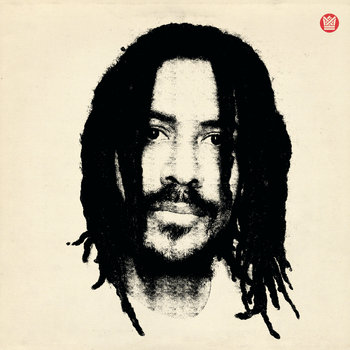
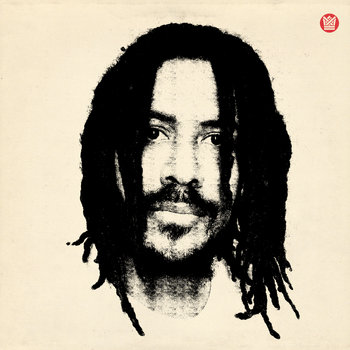
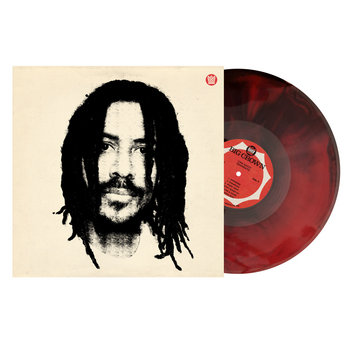

Vinyl LP


Now unsigned, Bailey recorded with drum & bass producers Chase & Status and sang on reggae and jungle producer Shy FX’s “Soon Come.” He even co-wrote a song with The Memory Band that landed on the soundtrack for the film Third Star. He always found work: When Salaam Remi inked a deal with Sony in 2013 to start the imprint Flying Buddah, Bailey and Hiatus Kaiyote were the first artists he signed.
But Bailey admits he was still making immature mistakes as a result of not really knowing himself. While his debut included production from both Remi and Michels, he regrets titling it Definitely Now, an inside joke about his long-delayed arrival. He had the swagger to approach Damon Albarn of The Gorillaz at The Scotch of St. James and proclaim himself London’s best soul singer, yet, in the studio with Vince Staples and 3D of Massive Attack—revered collaborators with clearly defined identities—he was much quieter and reserved about his abilities. He acquiesced to other ideas in the room, resulting in his performance being cut from the group’s 2017 album Humanz.
“When you don’t really know who you are—when you don’t really know what you’re good at—you can stop paying attention and doing the wrong things,” he says. “It took me a while to realize the right place for me to concentrate with certain people. Leon is one of them people.”


7" Vinyl


Once again feeling the weight of a big opportunity deferred, Bailey reconnected with a friend who’d never steered him wrong. Bailey knew that when he got in the studio with Michels, it resulted in personal work and an exploration of a wide range of styles. Dub and reggae always serve as the foundation, but it soon branches into hip-hop, like it does on 2020’s “Champion (Remix)” with Black Thought; folk, like “Please Love Me Again”; even roomy, ethereal Rhodes-powered soul—like “Don’t Blame NY,” from their 2020 full-length Ekundayo. With each recording, Bailey has found the space to be more himself. “When we made Ekundayo, he was finally out of the various record deals he’d been beholden to,” Michels says. “We had the freedom to create whatever we wanted.”
Their collaborative freedom reached an inflection point on “She Hates This Life,” when Bailey sang in his natural accent on record for the first time. A self-trained singer, Bailey always styled his voice after heroes like Michael Jackson, Stevie Wonder, John Lennon, and even Tina Turner. Around extended family, he’d speak Jamaican Patois, his Nottingham accent in mom’s house, but conversationally among friends “a bit London” and leaned on “bruv.” To be his whole self on “She Hates This Life” felt like a breakthrough.



Vinyl LP, Compact Disc (CD)



“We were just like, ‘Fuck it, we’re here to take chances,’” Bailey says. “Since I’ve been [singing in my natural voice], it’s started to feed into everything I do now.” The momentum from Ekundayo led to work with the clandestine UK production team St. Francis Hotel for his 2023 album Enfant Terrible. On songs like “Truth Is” Bailey found strength in moody pop grooves, lyrically casting off toxic relationships—be it an ex-lover, a bad habit, or his former, destructive self. His first self-released record, Bailey says “taking some of the chances that I took on that record was liberating.”
And he’s still returning to the studio with El Michels Affair. The two take even bigger swings on Liam’s second full length with Big Crown, Zero Grace, which he feels will help “people understand what I’m about because there’s a consistency there with Leon.” “Holding On” and “I Got No Answers” set Liam’s voice within the gritty psychedelia of Zamrock; “Dance With Me” is an infectious Jamaican two-stepper, while songs like “Boy” and “Disorder Starts At Home” cut hard into bigotry and family trauma. He closes the record with a song written by his old friend Sam Genders called “Light Up The Darkness,” bringing his journey full circle. The album’s title might make it seem as if Bailey is choosing chaos over clarity, but Zero Grace is really about calling out the violent forces for what they are, with no illusions or throat-clearing. It’s an album that says, “Here is the darkness,” and each song finds that light through love is the only countermeasure against our demons. As Bailey sings on “I Got No Answers,” “Life is long and if you’re lucky you’ll find something/ It’s even better if you find it with someone.”
Thinking about the progress on Zero Grace gets Bailey thinking about that first time he and Michaels met in the studio, all those years ago. “We really have covered territory that I would have been mind blown about in 2007,” he says.







